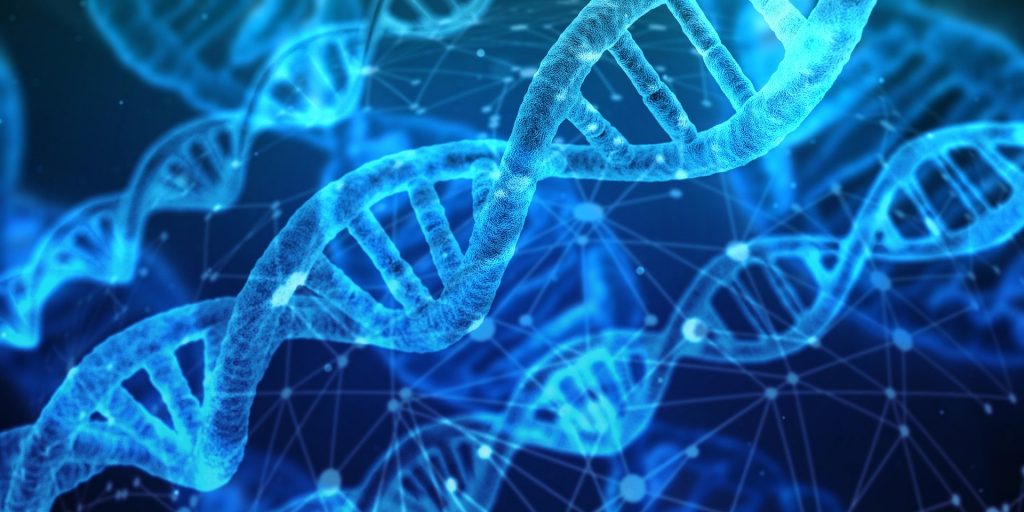
As COVID-19 continues to uproot people’s health and way of life, one of Cherry Hill’s own is working toward a potential solution. Jinglin Fu, a chemistry professor at Rutgers-Camden, and his team are working on a rapid detection test for diagnosis of COVID-19 within the next few years.
“The current work will produce a rapid and reliable assay that is simple and affordable for mass screening to prevent the spread of infectious diseases,” Fu said.
For the past several years, Fu’s lab has focused on developing biochemical reaction circuits that can be used to detect molecular targets, such as nucleic acids, proteins and small molecules. The lab invented a technique of “DNA-mediate proximity assembly circuit (DPAC),” a rapid nucleic acid detection system with a simple readout.
DPAC uses a nanostructured sensor to detect sequence-specific nucleic acids. Fu said one example might be the presence of microRNA, important biomarkers for cancer.
Based on this DPAC technology, Fu led a team that proposed an idea of DNA-Nano-Diagnosis — or “dNANOSIS” — and participated in the National Science Foundation I-Corps in 2019, where they performed more than 100 customer interviews with health professionals to understand the unmet need in disease diagnosis.
Fu said the team is working to apply the lab-developed technology to the urgent need in infectious diseases diagnosis. They redirected their research toward COVID-19 in late January, when the outbreak of the disease was first reported.
“As a faculty member of Rutgers-Camden, we commit to serve the local community in teaching, research and outreach activities,” Fu said of the team’s efforts. “It is important that we can link the fundamental research in university with the real-world applications for boosting social and economic impact.”
The professor said a graduate student is leading their research, and the Rutgers-Camden research lab has both graduate and undergraduate students contributing right now.
“Right now, the diagnosis of COVID-19 is limited by the slow speed of traditional polymerase chain reaction and the inaccuracy of antibody [tests]; our goal is to accelerate that timetable,” Fu said.
Their development is currently at a very early stage. The team is now detecting the sensor accuracy for detecting RNA segments of COVID-19 viruses and is not yet working with real virus samples. Fu estimates it could take another one to two years to develop a prototype for rapid testing.
Because Rutgers follows the guidelines on social distancing, only one person is allowed in the lab at a time. Fu said the team is carefully scheduling lab time to ensure distancing.
He anticipates their research could ultimately be adapted to detect specific DNA/RNA sequences of other infectious diseases such as MRSA.
“The convenience of being quickly customizable and adaptable will be of value for mass screening and early intervention for future pandemics,” Fu said.









